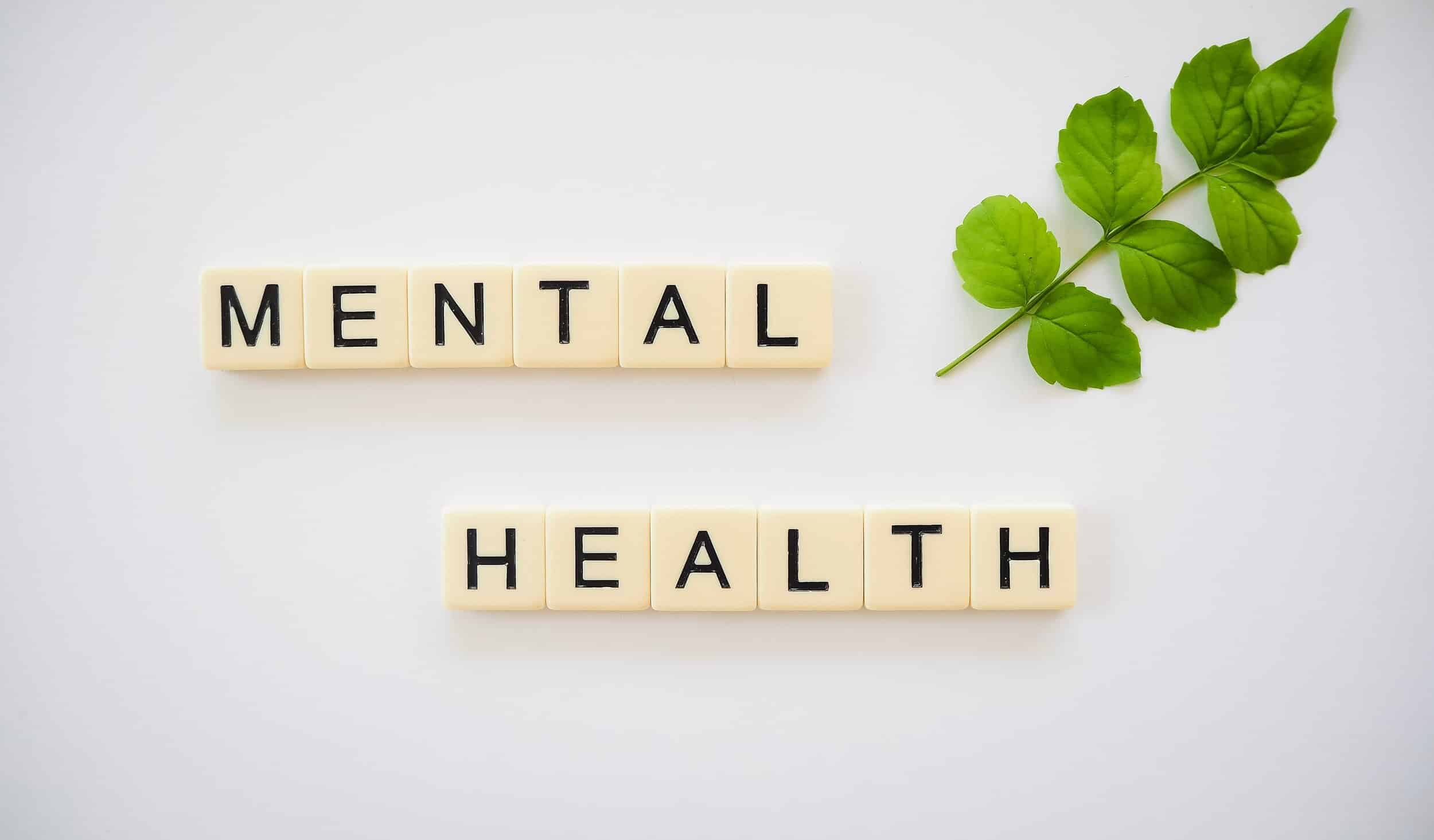What is Mental Health?
By Allison Bratsch, LPC, ACS
The field of Mental Health continues to be associated with a certain level of stigma. Although this is a field that helps so many, the term “mental illness” naturally evokes an unpleasant reaction for most people. When we think about mental illness, we tend to think of extreme examples of individuals who are not able to function in society, and certain words come to mind such as “crazy” or “insane” or even “dangerous.” Though these terms are not necessarily helpful and do not begin to describe the range and nature of mental health issues, the hard truth is that this is a reality for many people in the world. There are individuals who suffer from “severe and persistent mental illness” who have significant difficulty functioning in many aspects of life. Though the science behind the brain, psychology, and mental health is an ever-evolving field of study, we know that mental illness can be traced to both biological (genetic) and environmental (experience) origins. This would be referring to the well-known “nature versus nurture” debate.
I’d like to break down some definitions briefly before we move onto what Mental Health means.
The term “illness” from a medical perspective (according to Google) is “a disease or period of sickness affecting the body or mind.” It is also associated with the term “unwell.” What isn’t always covered in these medical definitions is the impact of the mental illness, or even that there exists a wide range or continuum of illness. The best definition of “unwell” I have seen thus far comes from vocabulary.com: “affected by an impairment of normal physical or mental function.” Now, I don’t prefer the term “normal” because it implies that something is wrong with anyone who doesn’t fit inside a certain box. The wide range of human qualities eliminates such a thing as “normal.” However, normal in the above sentence, affected by an impairment of normal physical or mental function implies that an individual is experiencing impairment of their own functioning. We all function very differently and at different levels (more on this below).
The World Health Organization defines “health” as: “a state of complete physical, mental, and social well-being, and not merely the absence of disease or infirmity.” Well, that sounds nice, but is that realistic? I would argue that it is not. I’d say on a scale of 1-10 this would be an 11. We may have brief moments in our lives in which we feel we are at an 11, but this is not sustainable. Life happens. I do, however, appreciate the latter part of the sentence: not merely the absence of disease or infirmity. This leaves room for the idea that even while suffering from some sort of “illness” that we can still be “healthy” and “functional” in many ways. There are many examples of historical figures who were considered to suffer from “mental illness” and went on to achieve great things and contribute to the world in phenomenal ways.
No matter how “high functioning” or “sane” or “self-aware” one might be, everyone struggles. The human brain and body are not a perfect design. Mental Health is not being without problems, issues, or challenges. Mental Health is about how one responds to and copes with these things. It is the ability to respond in ways that are healthy, helpful, safe, and do not harm oneself or others. And there you have it. It doesn’t have to be any more complicated than that. We all struggle, AND we all have the ability to make choices, and to learn, grow, adapt, and evolve as humans. Not only must we consider Mental Health on a continuum, we must also think of the continuum on both an external (societal) and an internal (individual) level.
Additionally, we must keep in mind that the entire field of mental health is one big gray area. As previously mentioned, mental health is highly subjective, dependent upon the individual. Genetic makeup is highly variable among individuals, and each person interprets and responds to any given life event in very different ways. We will each have days in which we are functioning well within our worlds, and days in which we are struggling. Finally, as also mentioned above, Mental Health as a field of study is ever-changing and our concepts and definitions will continue to evolve, just as we will. Though the term mental illness will always have some level of stigma attached to it, by choosing to consider Mental Health as a broader, more functional, and relative term, we can shift from a place of shame to a place of acceptance and empowerment.
Allison is the Owner and Clinical Director of Center for Resilience Strategies.


